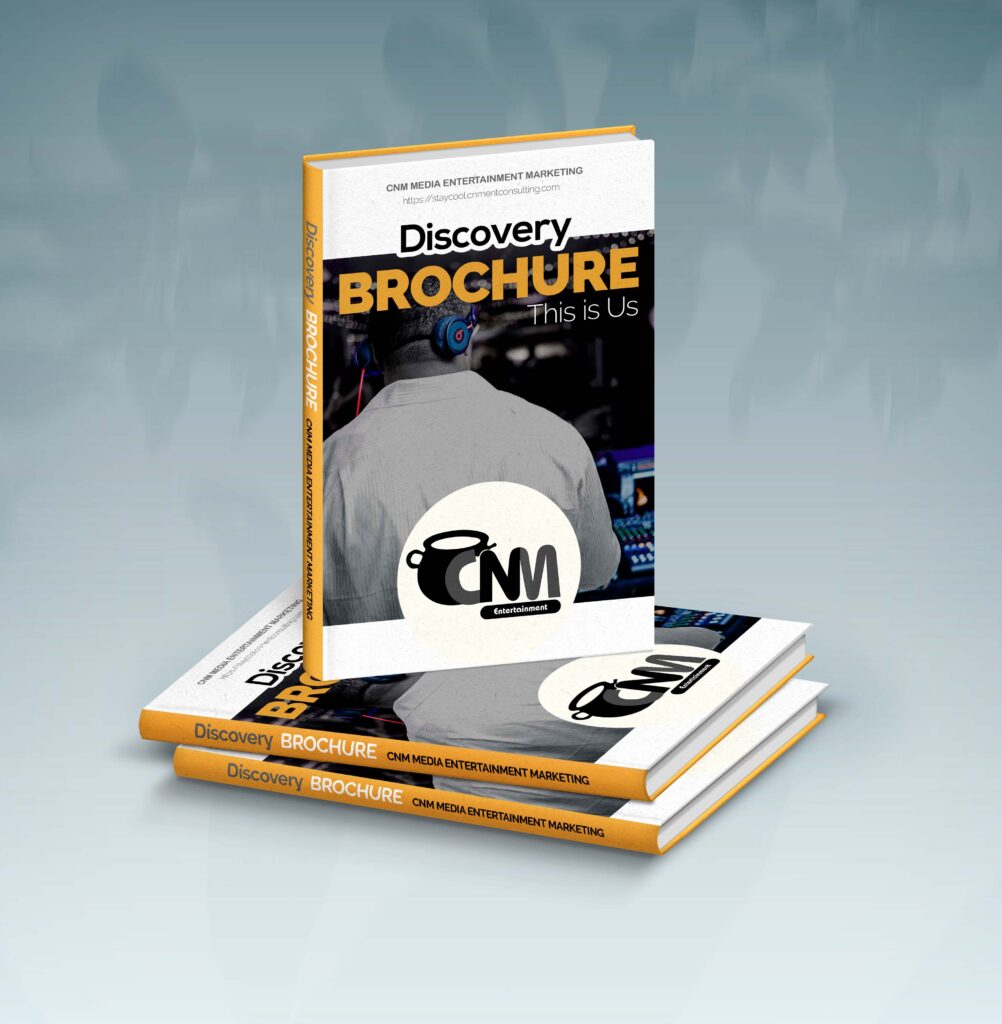
The Power of AI in Music Production
The Power of AI in Music Production: Exploring Generative Music AI and its Creative Possibilities Generative music AI, a truly unique and innovative technology, has revolutionized the music creation and consumption landscape. Unlike traditional music production, which heavily relies on human composers and musicians, generative music AI operates independently, utilizing sophisticated algorithms to craft melodies, harmonies, and rhythms. Its ability to create evolving music and its capacity to analyze and understand patterns in existing music are just a few of its standout features. Generative music AI involves training AI models on vast amounts of existing music data. This data can include various genres, styles, and artists, providing diverse musical inspiration. The AI models learn music’s patterns, structures, and characteristics through machine learning techniques such as deep learning and neural networks. Once the AI models are trained, they can generate original music compositions. These compositions can be tailored to specific requirements, such as genre, mood, or tempo. The AI algorithms can analyze the desired musical parameters and create melodies, chord progressions, and rhythms that align with those specifications. One of the significant advantages of generative music AI is its ability to create continuously evolving music. Traditional music compositions are static and unchanging once they are made. However, generative music AI can generate evolving music, creating an immersive and dynamic listening experience. Generative music AI is a standalone tool and a collaborative partner for human musicians and composers. It can propose harmonies or melodies that align with the artist’s vision, enhancing the creative process. This unique collaboration between human creativity and AI innovation can lead to the creation of groundbreaking musical works, reassuring the role of human artistry in the face of technological advancements. Generative music AI is about more than just the creative process. It’s about you, the listener. With the vast amount of music available today, discovering new music can be overwhelming. But with generative music AI, your preferences, listening habits, and musical tastes are analyzed to curate personalized playlists and recommendations. This customized approach to music discovery enhances your experience, introducing you to new artists and genres you may have yet to discover, making you feel valued and catered to. In conclusion, generative music AI is a powerful tool transforming the music industry. It allows the creation of unique and ever-evolving music compositions, enhances human musicians’ creative process, and provides listeners with personalized music recommendations. As technology advances and AI algorithms continue to improve, the possibilities for generative music AI are genuinely endless, sparking excitement and inspiration for the future of music production and consumption. One of the critical aspects of generative music AI is its ability to analyze and understand patterns in existing music. Machine learning algorithms are trained on vast amounts of music data, allowing them to identify common motifs, chord progressions, and melodic patterns. This analysis goes beyond recognizing individual notes or chords; it delves into the underlying structure and relationships between musical elements. Once the algorithms have learned these patterns, they can generate new musical compositions based on this knowledge. This is where the true innovation of generative music AI comes into play. By combining the learned patterns with input from the user, such as desired style or genre, the algorithms can create music that is both familiar and unique. The possibilities offered by generative music AI are genuinely endless. Musicians and music producers can use these algorithms to generate new ideas, explore different musical styles, and even collaborate with AI in the creative process. For example, a composer can input a few notes or a basic melody, and the AI can then generate a fully fleshed-out composition based on that input. This can serve as a starting point for further development or a source of inspiration for new musical ideas. The versatility of generative music AI extends beyond music creation, as it can also be used in music education and exploration, as well as in live performances and improvisation. Generative music AI holds great potential in music education and exploration. Students can delve into the patterns and structures identified by the algorithms, gaining a deeper understanding of music theory and composition. They can experiment with different inputs and observe how the AI responds, aiding in developing their unique musical style. Additionally, generative music AI can be used in live performances and improvisation. Musicians can interact with the AI in real-time, using it as a virtual bandmate or collaborator. The AI can respond to the musician’s input, creating harmonies, melodies, and rhythms that complement and enhance the performance. In conclusion, generative music AI is a powerful tool that combines the analytical capabilities of machine learning with the creativity of human musicians. It offers endless possibilities for creating, exploring, and understanding music. But remember that the human touch and artistry make music exceptional. Whether used as a source of inspiration, a collaborative partner, or an educational tool, generative music AI can revolutionize how we create and experience music. It’s a testament to the resilience and adaptability of human artistry in the face of technological advancements, reassuring you and making you feel secure and confident. 1. AI-generated melodies: One of the most exciting applications of AI in music production is the ability to generate melodies. AI algorithms can analyze existing music data and create new melodies based on patterns and structures found in the data. This can be an excellent tool for overcoming creative blocks and finding fresh ideas for your compositions. You can use AI-generated melodies as a starting point and then modify and adapt them to fit your style and vision. 2. Automated arrangement: Arranging a song can be a time-consuming process that requires careful consideration of the different sections and elements of the track. AI can assist in this process by automatically arranging the various parts of a song based on predefined rules and parameters. This can save you time and effort, allowing you to focus on other aspects of your production. 3. Intelligent mixing and mastering: Mixing and mastering are crucial
The Power of AI in Music Production Read More »




